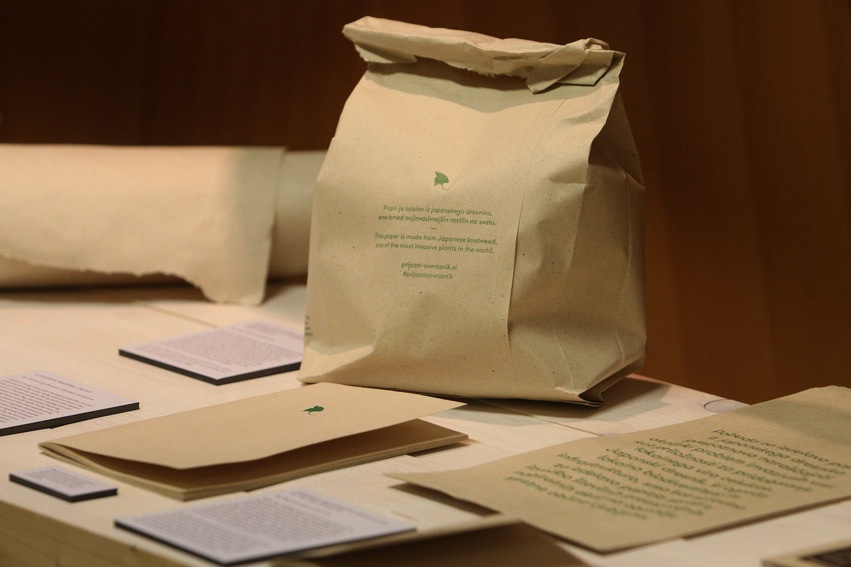Cooperation of Ljubljana and Maribor within the framework of the UIA European initiative
On18 January 2018, the joint presentation of projects of the city of Ljubljana and the City of Maribor, chosen for co-financing within the framework of the initiative of the European Union, Urban Innovative Actions (UIA), was held in Maribor.
Both projects belong into the field of developing circular economy in urban areas – in Ljubljana it is based on invasive plants and in Maribor on processing biological waste into usable urban soil.
Circular economy is a model where materials are circulating and being reused. With innovative solutions for recycling and processing materials new products are created and from them new materials, consequentially new income is generated and costs are lowered. Circular models are based on linking different stakeholders, and circular economy can come to life only if efficient cooperation is established at municipal levels, as well. That is why both biggest Slovenian municipalities jointly presented their projects, co-financed within the framework of the European initiative UIA.
City of Ljubljana
The City of Ljubljana project APPLAUSE (Alien PLAnt SpEcies ) addresses unsolved questions with regard to invasive alien species in terms of the zero‑waste approach and circular economy.
At present we are composting or incinerating removed invasive alien plants, and with the pilot project for processing plants into paper at a semi‑industrial level we in Ljubljana have already proven that they can be used for other purposes, as well.
The proposed system of managing invasive alien plants is based on education and cooperation with the citizens of Ljubljana and the three principles of operation:
1. »Do it yourself«,
2. »Process with us«,
3. »Bring to the collection centre«.
We want to make it easier for the citizens of Ljubljana to recognise invasive non-native plant species on their own and then properly remove and process them into useful products (1). If they do not want to do that by themselves they can go to the re-use centre where we can process them together in workshops (2) or they can simply bring them to the collection centre where project partners process them into useful products and then sell them (3).
The project addresses the widest possible circle of stakeholders: kindergartens, schools, pupils, students, households, property owners, companies, tourists, professional organisations… And the business model can be applied internationally.
In addition to the City of Ljubljana, other project partners are: the public company Snaga, the University of Ljubljana (Biotechnical Faculty – Department of Biology, Department of Agronomy, Department of Wood Industry and Department of Forest Industry), the Faculty of Chemistry and Chemical Technology, the Faculty of Natural Sciences and Engineering (Department for Textile Engineering, Graphic Communication and Textile Design), the Jožef Stefan Institute, the National Institute of Chemistry, the Pulp and Paper Institute, Tisa d. o. o., GDi GISDATA d. o. o., Trajna – the Society for Sustainable Design Development, the tipoRenesansa Institute for Typography and Printing Heritage and the Slovenian Centre of Excellence for Space Sciences and Technologies.
The estimated value of the APPLAUSE project is 5,202,590 EUR (eligible cots), 4,162,072 EUR is co-financed from EU funds . The duration of the project is 3 years, from 1 November 2017 until 31 October 2020.
The City of Maribor
The main goal of the Maribor project titled URBAN SOIL 4 FOOD is to use the city waste for the production of soil which would increase local food self-sufficiency and decrease the carbon footprint. URBAN SOIL 4 FOOD begins with a challenge of using the city’s biological and mineral waste for the production of quality soil to be used for food production, in parks and in construction. In a three-year period eight project partners are going to develop safe and certified soil with energy as a by-product using fermentation, pyrolysis and homogenisation technology.


